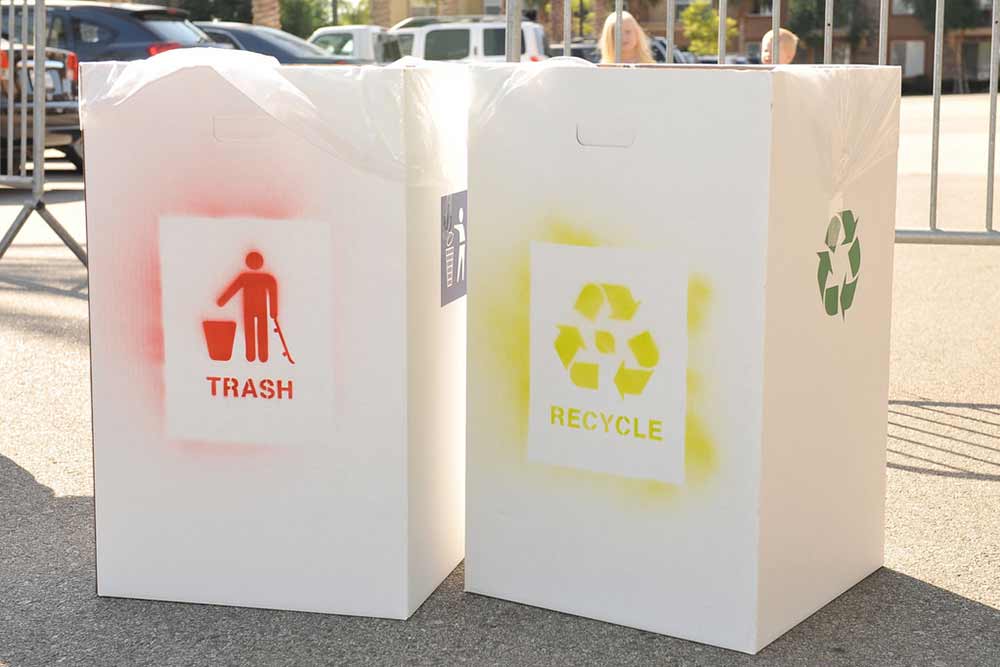
Image: Incase/flickr
The Victorian State Budget has provoked criticism from the local government sector because of its shifting of landfill levy revenue to pay for projects unrelated to waste reduction and recycling.
The State Budget, which was handed down on 2nd May, 2017 revealed that the landfill levy revenue is finally being spent, but only on initiatives that the Municipal Association of Victoria (MAV) feels is not appropriate.
These include timber plantation, solar trams, a new website for a government agency, and remediating land at gun clubs.
Calling it a “wasted opportunity” on landfill levy spending, MAV President Cr Mary Lalios said the original intent of collecting the landfill levy was to boost recycling rates and support waste reduction and sustainability initiatives.
However, the MAV observed that a recent Independent Inquiry in to the Environmental Protection Authority found over the past 10 years, the average amount of waste attributable to each Victorian every year increased by 29 per cent.
The Inquiry said this “feeds into community concerns that the levy’s purpose is to raise revenue, rather than reduce waste”.
Ms Lalios said councils have been “crying out” for support with waste and resource recovery projects and the exorbitant cost of rehabilitating closed landfill sites, “yet the state government has chosen to spend landfill levy revenue on totally unrelated purposes”.
She pointed to a 2014 Victorian Auditor-General’s report, which suggested that landfill levy revenue should be used to ‘help fund the timely rehabilitation of high-risk landfills’.
Ms Lalios said councils were concerned about the lack of transparency around the Sustainability Fund, which contains money paid by households and businesses through the landfill levy. Councils have previously called for the fund’s income and expenditure data to be publicly disclosed.
“We believe the government needs to end the mystery around this fund. Councils and communities have every right to expect that landfill levies are being used to reduce waste. The government needs to be held to account via reporting that is clear, timely and publicly available.
“The way the Sustainability Fund is currently being managed is obviously not working. Despite significant increases in the landfill levy in recent years, the amount of waste being generated by communities has risen significantly – and this is unacceptable.
“It is also unsustainable given the government’s own projection that the Victorian population will increase to 10.1 million by 2051. The way we manage waste in Victoria has to change,” Ms Lalios said.
“This issue will be raised again at the MAV’s upcoming State Council meeting, because councils feel increasingly disappointed and misled by past and present governments about the spending of landfill levy revenue.”





